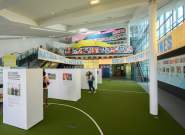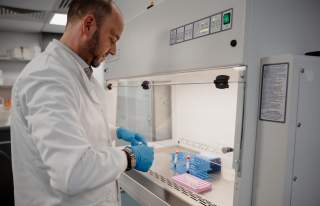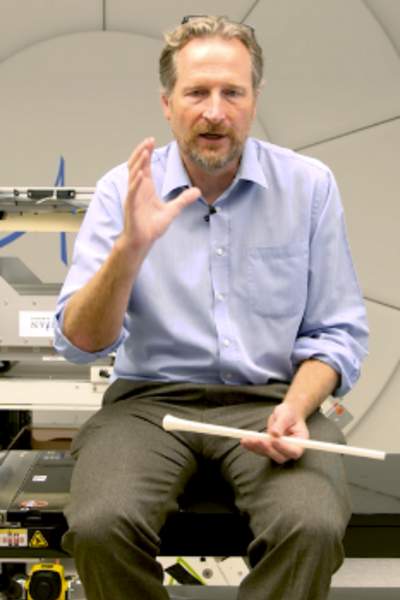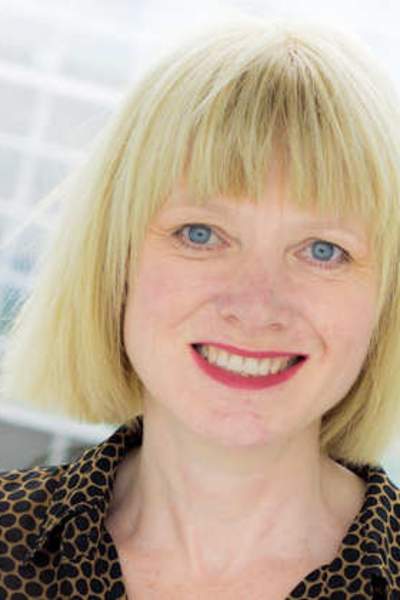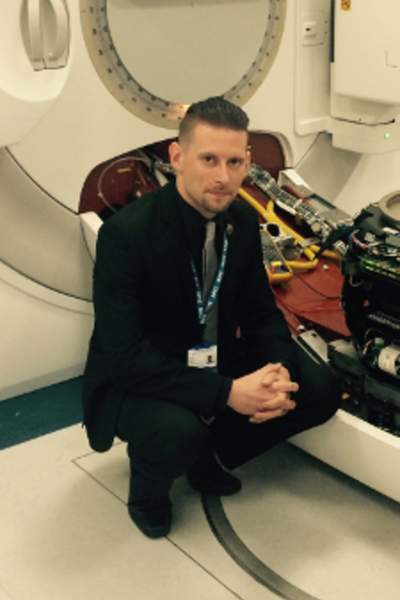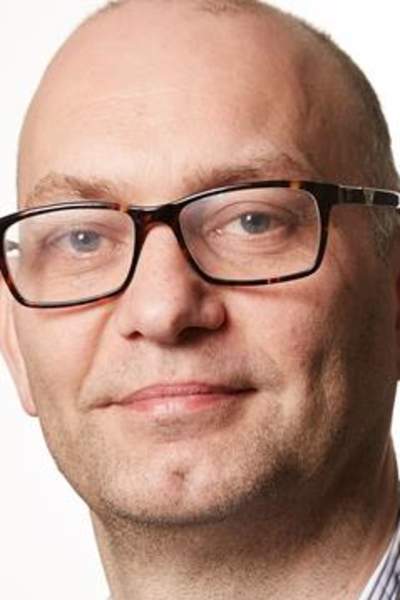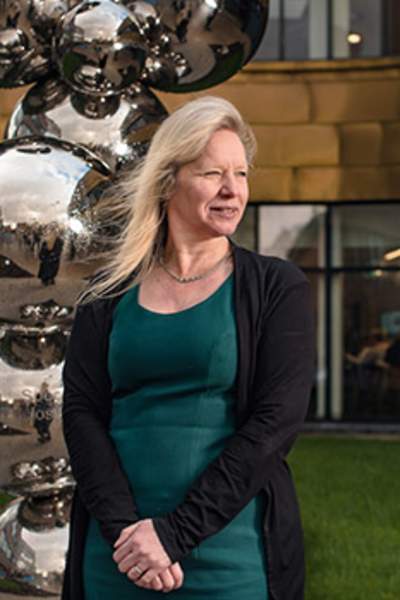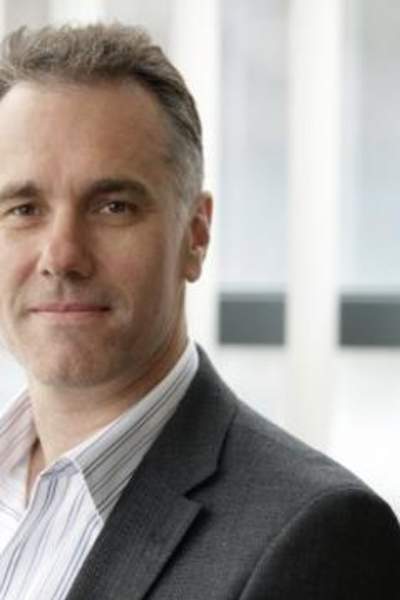Manchester has come a long way since Rutherford first split the atom, Alan Turing lectured here and even since Andre Geim and Konstantin Novoselo peeled their first layer of graphene. We have pioneered new treatments such as the Bionic Eye and Proton Beam Therapy at the Christie and have continued to innovate ever since. Home to a world leading research and development assets like the Manchester Cancer Research Centre and UK Biobank, the city-region continues to be at the forefront of innovative treatment to revolutionise patient care.
As the first UK city to have devolved control of its £6 billion health and social care budget, the region has developed a more streamlined innovation adoption pathway overseen by Health Innovation Manchester, with the aim of delivering new health and social care innovations at pace and scale serving the region’s 11.8 million extended patient population, representing a unique opportunity to life science companies. The city region is digitally-focused and is home to the first fully e-enabled NHS Trust.
Home to Leading Brands
The region’s clinical and academic excellence are the reasons why businesses such as Qiagen, Kratos Analytical, Hologic, Yourgene Health, E-Lucid, TruePill, Allscripts, Affinity Biomarkers Lab, Lumira Dx, Lonza, Proteintech Group and Chiesi have a presence here.
Digital Health
Manchester is where the first stored program computer was created and today is a global tech hub with organisations such as GCHQ, Google and Amazon already based here. This emerging digital infrastructure means that Manchester is uniquely placed to work collaboratively with companies looking to digitally optimise healthcare.
Salford Royal NHS foundation was the first fully e-enabled NHS trust in England and is now a global NHS digital exemplar providing healthcare companies with access to a wealth of de-personalised patient data for big clinical trials such as The Salford Lung Study. The Christie hospital introduced the UK’s first proton beam therapy centre to advance the treatment of cancer.
Manchester is home to a host of digital and tech incubators which all provide coworking spaces and accelerator programmes to support scaling from disruptive tech to sustainable business, including Bruntwood SciTech's Tech Incubator at Circle Square, their accelerator at Manchester Science Partnership - Mi-Idea. HOST Salford is also home to highly advanced AR and VR facilities which support digital delivery services for health and social care.
Precision Medicine
Manchester, UK is where the treatment of leukaemia was revolutionised and its expertise in genomics, proteomics, imaging and biomarker discovery and development attracted over £100m of grant income for precision medicine in recent years. The city region’s key research strengths across a range of chronic healthcare conditions include:
- Oncology at the globally renowned Christie hospital – one of the first centres to introduce CAR-T therapy and proton-beam therapy.
- Cardiovascular, respiratory and inflammatory conditions
- Rich health analytics and wide-ranging digital strengths
Manchester is also home to the largest clinical academic campus in Europe with a deep concentration of proteogenomic expertise – a major factor in Qiagen’s decision to establish its European Centre of Excellence for precision medicine and hub for diagnostics delivery in the city and in launching APIS Assay Technologies, in conjunction with Health Innovation Manchester to develop biomarkers for diagnosing disease and pinpointing the treatments which are right for each individual patient.
Translational Research
Health Innovation Manchester provides a coordinated pathway for new health care innovations to access the region’s healthcare system. The Stoller Marker Discovery Centre provides an unparalleled opportunity for translational research offered through The Christie - a European leader in cancer care treating 44,000 patients a year with one of the largest clinical trial portfolios in the UK - and its partnership with The Manchester Molecular Pathology Innovation Centre (MMPathIC), part of The National Institute for Health Research (NIHR). The NIHR takes ground-breaking research findings and puts them into clinical use so that patients can swiftly benefit from innovation.
Other research facilities include The Willink Metabolic Unit and The Manchester Centre for Genomic Medicine (MCGM) at The MFT - one of 13 genomic medicine centres in the UK and one of the largest genetics units in Europe which develops new tests and supports the development of genetic services internationally. The Manchester Cancer Research Centre - one of five major CRUK research centres in the UK - investigates novel drug discovery and brings together the expertise of partner organisations across Greater Manchester and China, Australasia, North America and Europe.
The Biological Mass Spectrometry core facility at The University of Manchester is a state-of-the-art resource for the identification, characterisation and quantification of proteins. Their highly experienced staff can provide companies who locate here with support for complicated projects to help perform or train on sample preparation and data analysis.
Diagnostics and Technology Accelerator (DiTA) created by the MFT powers evidence generation for commercial biomarker and MedTech research enabling companies to rapidly prioritise, design and deliver both small and large-scale clinical evaluations of new technologies.


